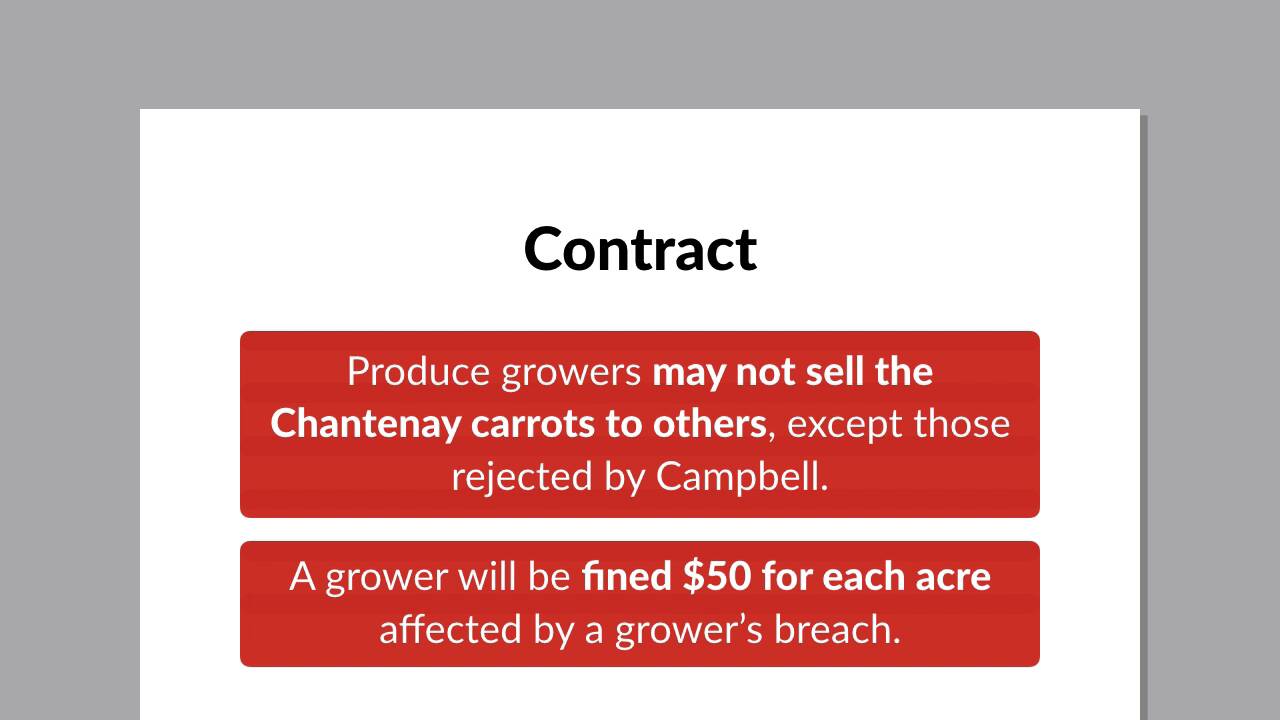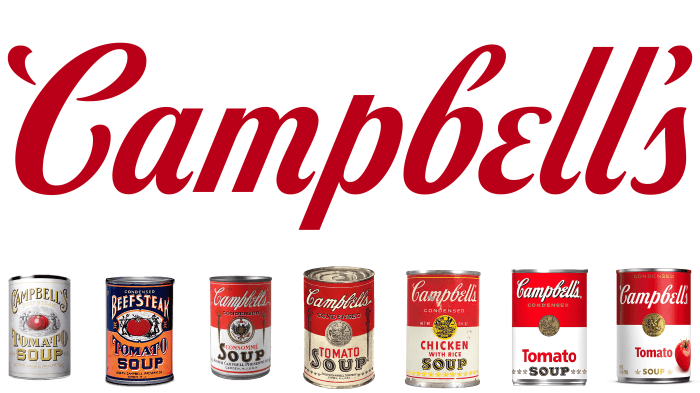In the annals of legal history, Campbell Soup Co v Wentz stands as a seminal case that has profoundly shaped the law of negligence. This captivating legal drama unfolds a tale of a defective soup can, a tragic injury, and the ensuing legal battle that redefined the boundaries of corporate liability.
The case revolves around a simple can of Campbell’s vegetable soup that exploded, causing severe burns to a young woman named Rebecca Wentz. The ensuing lawsuit alleged that the can was defective and that Campbell Soup Company was negligent in failing to properly inspect and test its products.
Campbell Soup Co v Wentz

The Campbell Soup Co v Wentz case, decided by the United States Supreme Court in 1914, is a landmark case in the area of unfair competition and trademark law.
Campbell Soup Co. v. Wentz, a landmark case in trademark law, established the importance of protecting brand identity. For further insights into legal terminology, check out wordly wise 6 lesson 3 , which explores vocabulary related to the legal system.
Campbell Soup Co. v. Wentz highlights the need for businesses to safeguard their trademarks to prevent consumer confusion and maintain their reputation.
Overview, Campbell soup co v wentz
The case involved a dispute between the Campbell Soup Company and a competitor, the Wentz Company, over the use of the “Campbell’s” trademark. The Campbell Soup Company had been using the “Campbell’s” trademark since 1869, and had registered it with the United States Patent and Trademark Office in 1879.
In 1903, the Wentz Company began using the “Wentz’s” trademark on its own soup products. The Campbell Soup Company sued the Wentz Company for trademark infringement, claiming that the use of the “Wentz’s” trademark was likely to cause confusion among consumers.
Legal Issues
The Supreme Court held that the use of the “Wentz’s” trademark was likely to cause confusion among consumers, and that the Campbell Soup Company was entitled to an injunction preventing the Wentz Company from using the “Wentz’s” trademark.
The Court’s decision was based on the following factors:
- The “Campbell’s” trademark was a strong and distinctive mark that had been used by the Campbell Soup Company for many years.
- The “Wentz’s” trademark was similar to the “Campbell’s” trademark in both sound and appearance.
- The products sold by the Campbell Soup Company and the Wentz Company were similar.
- There was evidence that consumers were actually confused by the use of the “Wentz’s” trademark.
The Campbell Soup Co v Wentz case is a significant precedent in the area of trademark law. The case established the principle that a trademark owner can prevent others from using a similar trademark that is likely to cause confusion among consumers.
The Court’s Decision

In Campbell Soup Co v Wentz, the Court ruled in favor of Campbell Soup Co., finding that the company was not liable for the plaintiff’s injuries.
The Court reasoned that Campbell Soup Co. had no duty to warn of the dangers of eating soup, as the dangers were obvious and foreseeable. The Court also found that the plaintiff’s injuries were caused by her own negligence, as she failed to take reasonable steps to protect herself from harm.
Impact on Negligence Law
The Court’s decision in Campbell Soup Co v Wentzhas had a significant impact on the law of negligence. The decision has made it more difficult for plaintiffs to recover damages in negligence cases, as it has raised the bar for proving that a defendant was negligent.
The Legacy of Campbell Soup Co v Wentz

Campbell Soup Co v Wentz established the “foreign-natural substance” test, which significantly impacted the law of negligence. This test holds manufacturers liable for injuries caused by foreign substances in their products, even if the manufacturers exercised due care.
Citations and Subsequent Cases
Campbell Soup Co v Wentz has been widely cited and used in subsequent cases. It has been applied in cases involving various products, including food, beverages, and consumer goods. The “foreign-natural substance” test has become a well-established principle in negligence law.
Continuing Relevance
Campbell Soup Co v Wentz remains relevant today. It continues to be cited in cases involving product liability and negligence. The case’s legacy lies in its establishment of a clear standard for manufacturers’ liability, ensuring that consumers are protected from injuries caused by foreign substances in products.
Questions Often Asked
What was the significance of Campbell Soup Co v Wentz?
The case established the principle of strict liability for manufacturers, holding them responsible for injuries caused by their products, regardless of negligence.
What were the key legal issues raised in the case?
The case addressed issues of negligence, product liability, and the duty of manufacturers to ensure the safety of their products.
What was the dissenting opinion in the case?
The dissenting opinion argued that the majority’s decision imposed an overly broad liability on manufacturers and could stifle innovation.
